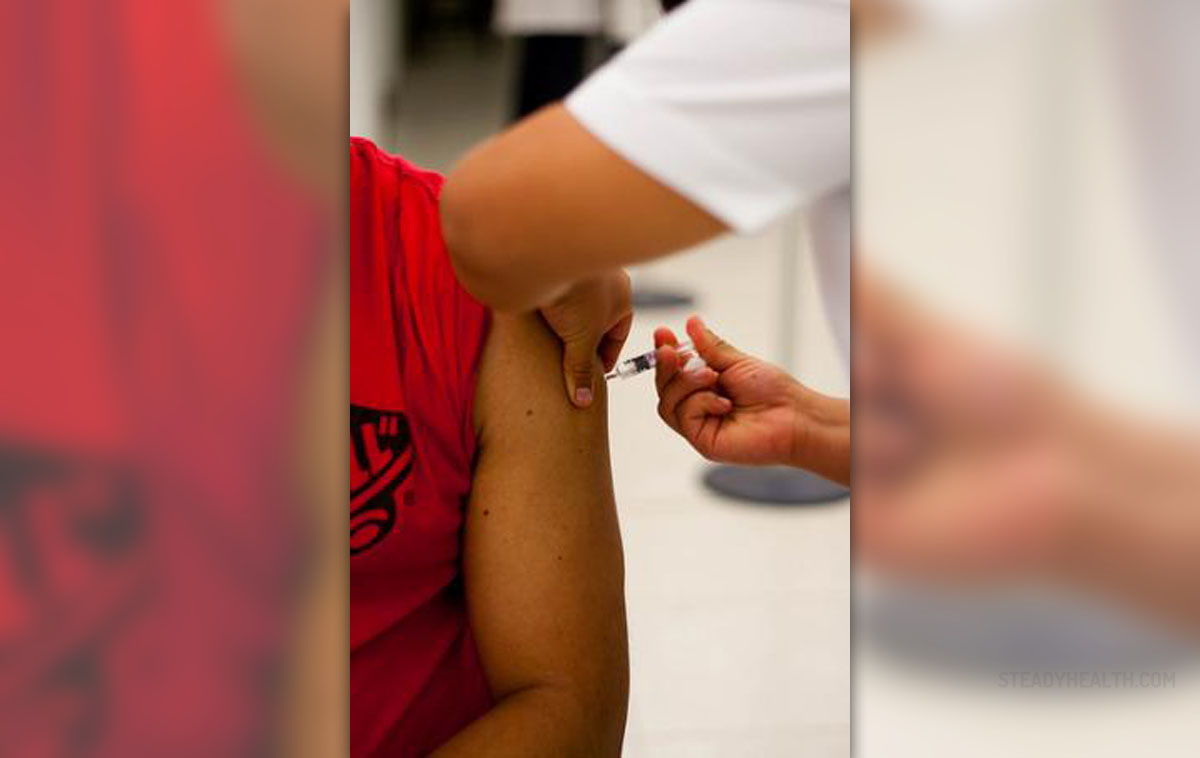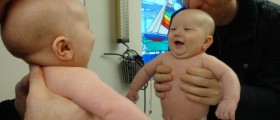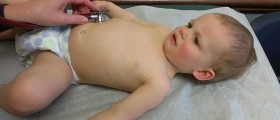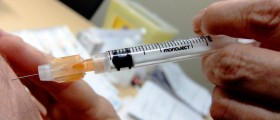
Pneumonia is a serious inflammation of the lung tissue and it can be successfully prevented with a vaccine. It is caused by Streptococcus pneumonia and represents one of the most common types of lung infections outside the hospitals in the United States. The condition may sometimes be lethal and it is estimated that each year around 6000 people die due to this infection. This number is huge and considering that the condition can be prevented it is not supposed to be that high.
The infection spreads via coughing, sneezing and any close contact with the infected person. The best way to protect oneself is to avoid any kind of contact with the infected person. If this is not possible a person should use a mask when in contact with the infected person and is due to wash hands soon after the contact is finished.
In case an infection develops a person commonly complains about shortness of breath, coughing, high body temperature, general feeling of slowness, slow down in mental awareness, headache etc.
Who is a Good Candidate for Pneumonia Vaccine?
There are over 80 types of pneumococcus bacteria and 23 of them are covered with the vaccine. The vaccine is injected directly into the body and its purpose is to stimulate the immune system, produce antibodies against pneumococcus bacteria and this way prevent potential infection.
The vaccine can be administered in all healthy people but it is particularly recommended in certain groups. Namely, the vaccine should be administered in people older than 65 and those suffering from chronic heart, lung or other organic disorders (emphysema, chronic bronchitis, cardiomyopathy, chronic liver disease etc.). Furthermore, the vaccine is suitable for patients suffering from sickle cell disease (those older than 2 years of age) and patients who have undergone splenectomy. The vaccine is also suitable for patients suffering from leukemia, kidney failure, multiple myeloma, people on immunosuppressive treatment and those with transplanted organs.
Who is Not a Suitable Candidate for the Vaccine?
People with history of hyper-sensitivity to the vaccine are not supposed to vaccinated. Furthermore, since it has not been confirmed to use the vaccine during pregnancy, pregnant women are not supposed be vaccinated with this particular vaccine.
How is the Vaccine Administered?
In many people a single shot of pneumonia vaccine is sufficient enough in battle against pneumonia. The vaccine is injected into the deltoid muscle or it is given as a subcutaneous injection. People who have already been vaccinated before the age of 65 should be revaccinated at the age of 65 in case there has been a gap of 5 or even more years since the first vaccination. People suffering from chronic kidney disease as well as those who have undergone organ transplantation or are under chronic immunosuppresion should be revaccinated around 5 years after the first shot.

















Your thoughts on this
Loading...